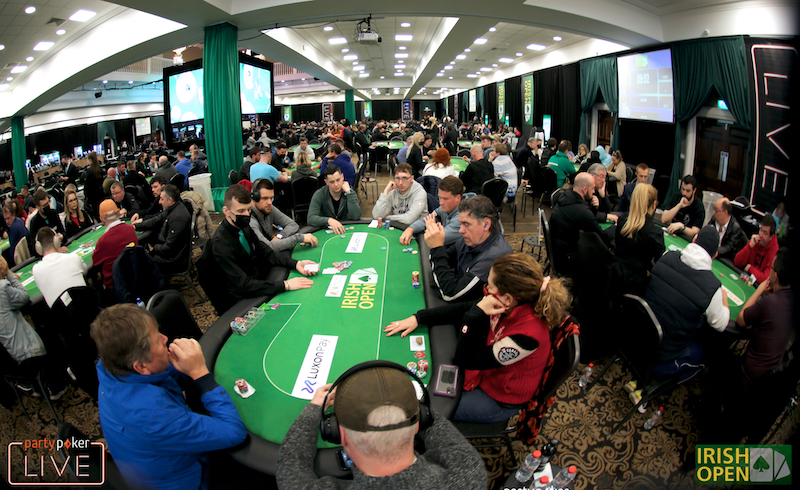Phil Ivey’s hand may finally be dead in his seemingly never-ending lawsuit against the Borgata in Atlantic City. On Friday, US District Court Judge Noel Hillman dismissed the Borgata’s claim of fraud against Ivey and his alleged edge-sorting accomplice Cheng Yin Sun, but ruled that the players’ actions were not in compliance with the State’s Casino Control Act (CCA).

For once, Ivey was playing against the odds in his $10 million court battle with the Borgata in Atlantic City.
The casino is suing Ivey, accusing him and Sun of cheating when they won $9.6 million over four sessions of mini-baccarat at the casino’s high stakes tables in 2012.
Ivey and Sun have both maintained that they were merely using their wits by employing the practice of edge-sorting, in which a highly skilled player is able to muscle the odds in their own favor by identifying tiny printed discrepancies on the backs of playing cards.
Breach of Contract
While the latest ruling is good news for Ivey in terms of avoiding criminal prosecution, it’s less welcome news regarding his hopes of hanging onto the $9.6 million takedown.
The judge said that since Borgata complied with the CCA, and Ivey and Sun did not, both players were in breach of contract with the casino. This breach arises because the actions of the two players led the cards to be “marked,” even though they didn’t actually touch the cards themselves, ruled the judge.
Ivey had called ahead before the gambling sessions at the Borgata, making several requests, including that one 8-deck shoe of purple Gemaco Borgata playing cards be used for the entirety of each session of play. Each request was designed to enable edge-sorting to occur, but were explained away as “superstitions” by Ivey and Sun at the time.
“Ivey and Sun’s view of what constitutes a “marked” card is too narrow,” Hillman wrote. “By using cards they caused to be maneuvered in order to identify their value only to them, Ivey and Sun adjusted the odds of Baccarat in their favor. This is in complete contravention of the fundamental purpose of legalized gambling, as set forth by the CCA.”
However, the judge also noted that state regulators “have never issued [their own] decision as to the propriety of Ivey and Sun’s actions.
“Thus,” he added, “the court must decide whether Borgata’s contract-based claims premised on CCA violations are viable, and if so, whether Borgata or Ivey and Sun are entitled to judgment on those claims.”
Trust is Not an Issue
The Borgata now has 20 days in which to submit a brief, outlining its damages resulting from Ivey and Sun’s breach of contract, along with its desired judgment. Ivey and Sun will then have another 20 days to respond to the new brief.
The judge’s ruling reserved criticism for the Borgata, and in particular its assertion that Ivey’s behavior constituted a breach of trust.
“In exchange for agreeing to Ivey’s five requests, Borgata required millions of dollars in front money from [him],” the judge noted. “Borgata also wanted Ivey to gamble at its casino so that his celebrity status would attract more gamblers to the casino. Borgata and Ivey had the same goal when they entered into their arrangement: to profit at the other’s expense. Trust is a misplaced sentiment in this context.
“Borgata . . . is a for-profit business whose commodity is gambling, and whose methodology is to use the odds of casino games in its favor, among other techniques, to win as much money from its patrons as it can,” wrote the judge. “Ivey is a professional gambler whose business is to play high-stakes casino games to win as much of the casino’s money as he can.”


